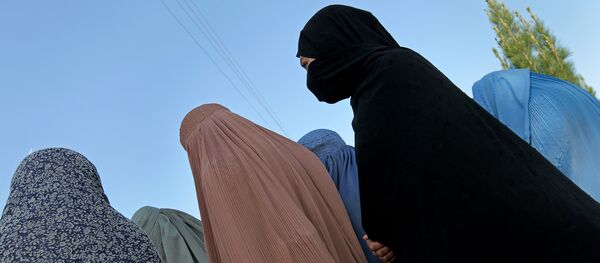While the first two objects were tools of war, the third item, which was the book, is hard to classify.
Salafism is a Sunni theological and legal worldview that draws on concepts and texts articulated in the early years of Islam. It has been in circulation for centuries with many of its followers living fully integrated and nonviolent lives around the world, meaning that it alone does not necessarily inspire violence, online magazine The National Interest wrote.
As the public debate on the roots of Daesh ideology and how to fight violent extremism continues the Salafi theology is seen to be lying at the very core of Daesh’s claim to historical and textual reference.
To understand the power of ideas, in particular the theological ones that Salafi-jihadist like Daesh promote, one needs to understand the ecosystem in which they flourish.
“Salafism evolved into a social movement in the Middle East at a time when Islamism was the dominant political ideology, when Gulf states had the means to support its projects and when political causes validated the theological interpretation of events that it promoted—such as the atheist Soviet oppression of Afghan Muslims, a major rhetorical driver of the Arab Afghan phenomenon that fed the creation of Al Qaeda,” The National Interest wrote.
According to the publication, the problem lies not in the power of Salafi ideas but the destructive exploitation of people, traditions and ideas. One way to change it is to modify the script, rather than negate the message.
“But we must do so because this is a vital project on its own merit; we cannot deceive ourselves into thinking that only by empowering ‘moderates’ will we ‘counter’ the appeal of ISIS. To achieve the latter, we need to engage Iraqis, Syrians and Kurds of all creedal persuasions on the ground to not only fight ISIS—which could embolden ISIS fighters further—but also to rebuild their countries.”
That way the potential Daesh recruits will see that sectarian narrative is not the way to reclaim and restore their previous way of life, the publication concluded.




